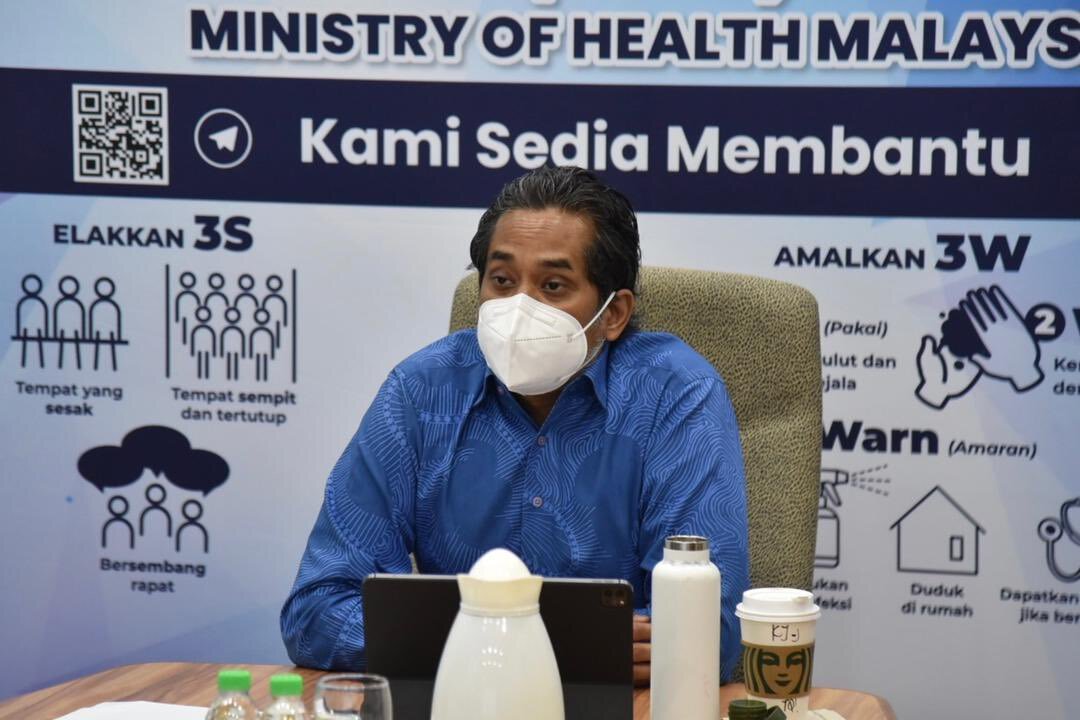KUALA LUMPUR, Oct 18 — The Ministry of Health (MOH) allocated RM10 million this year for follow-up treatment of rare disease patients and to begin treatment for patients on waiting lists.
Last year, MOH allocated RM16.5 million to treat patients with lysosomal storage disease, prader willi syndrome, cystinosis, and other rare diseases.
“For the year 2022, the Health Ministry will work to get appropriate financial allocations to ensure the continuity of treatment for these patients,” Health Minister Khairy Jamaluddin told Senator Ras Adiba Mohd Radzi in a written parliamentary reply last October 13.
He added that RM16 million was given to Kuala Lumpur Hospital (HKL) in 2019 to treat rare diseases for six existing patients, whose treatment began in 2018, and eight new patients for 2019.
MOH has allocated RM250,000 to HKL since 2008 for outsourcing of diagnostic tests for patients suspected with rare diseases.
From 2010 to date, RM8.5 million was allocated for rare disease patients who need medicines and special milk.
In 2018, RM10 million was allocated for ERT treatment for rare disease patients.
Last year, MOH approved a Rare Disease Programme Strategic Plan comprising preventive, curative (clinical management, labs, orphan drugs, and orphan products), rehabilitation and social care support, and registry and research elements.
In 2019, MOH formed a governance committee for rare diseases to integrate advocacy and health education, screening and diagnosis, clinical management, referral system, as well as data and research.
This governance leadership also includes the Ministry of Women, Family and Community Development; the Social Welfare Department; the Ministry of Education; universities; the Islamic Development Department of Malaysia (Jakim); the Malaysian Consultative Council of Buddhism, Christianity, Hinduism, Sikhism and Taoism; the Rare Disease Foundation; as well as associations representing pharmaceutical suppliers, companies, industries, and private hospitals.
Ras had asked the health minister if the government plans to sign a rare disease resolution by the United Nations.
Khairy said for next year and 2023, the National Rare Disease Committee has planned a written policy for rare disease programmes, a rare disease fund at Tunku Azizah Kuala Lumpur Hospital in collaboration with non-government organisations and relevant associations, finalising lists and procedures related to rare diseases based on the ICD-11 classification, and starting a database for rare diseases.
The government is also focusing on long-term plans for rare diseases in Malaysia, such as encouraging research and development in rare diseases, ensuring that laws and regulations protect the rights and interests of rare disease patients, and working with insurance companies to protect rare disease patients.
At the international level, Malaysia has been involved in the Rare Disease Network under APEC’s Life Sciences Innovation Forum since 2018.
“This is a three-corner collaboration between Ministry representatives, universities, and pharmaceutical companies that together set up the APEC Action Plan on Rare Diseases for use as a guide in providing the best services for this group of patients,” said Khairy.








